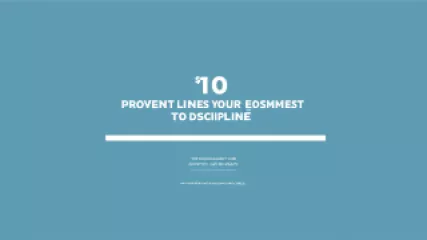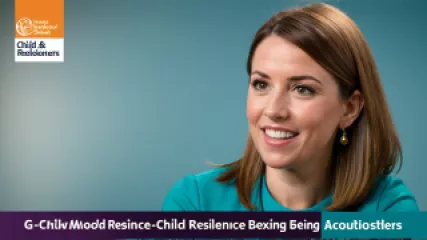10 Proven Strategies to Boost Your Self-Discipline
1 year ago
Self Discipline
My Personal Journey to Prioritize Self-Care
1 year ago
Self Care
How to Set Effective Boundaries in Therapy
1 year ago
Setting Boundaries
My Journey Through Postpartum Depression: A Firsthand Account
1 year ago
Postpartum Depression
10 Effective Strategies to Verbalize Emotions Accurately
1 year ago
Expressing Feelings Effectively
How Cultivating a Positive Mindset Can Transform Your Emotional Health
1 year ago
Emotional Health
How to Overcome the Fear of Judgment
1 year ago
Overcoming Judgment Fear
10 Best Ways to Foster Creativity Through Counseling
1 year ago
Fostering Creativity
The Ultimate Guide to Preventing and Managing Workaholism
1 year ago
Workaholism
10 Best Practices for Encouraging Open Communication in Peer Relationships
1 year ago
Peer Relationships
How to Interpret Your Dreams: A Step-by-Step Guide for Online Therapy
1 year ago
Dream Interpretation
Cultivating Childhood Resilience: An Interview with a Child Resilience Expert
1 year ago
Child Resilience Building
How to Set Healthy Boundaries for Work-Life Balance
1 year ago
Setting Boundaries
Lessons from Inception: Applying the Psychology of Persuasion
1 year ago
Psychology of Persuasion
Unravel Cognitive Distortions: Lessons from Fiction
1 year ago
Cognitive Distortion Types














